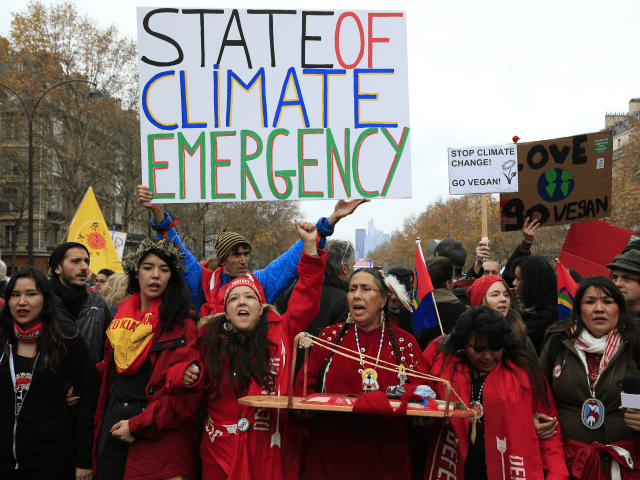“How bad will climate change be? Not very. No, this isn’t a denialist screed. Human greenhouse emissions will warm the planet, raise the seas and derange the weather, and the resulting heat, flood and drought will be cataclysmic. Cataclysmic—but not apocalyptic. While the climate upheaval will be large, the consequences for human well-being will be small. Looked at in the broader context of economic development, climate change will barely slow our progress in the effort to raise living standards.”
Should We Chill Out about Global Warming?
The line between cataclysmic and apocalyptic is very thin, and often the difference is whether it happens to you or your neighbor. And the people burning fossil fuels will regard this as an opinion that they can continue to pour GHGs into the atmosphere. How many floods like that in Houston can we afford? How many years of fires in the West can we afford?
But a view that is in the distinct minority = outside the little climate science clubs, most scientists say the dangers are highly overstated. Of course, this makes the heads of the climate crusaders explode but it is exactly the way it is in 2018. Again........the bomb throwing for the past 20 years has had almost zero effect on policy makers and that's all the proof you need. Fact is, the climate science club still has not made its case. If it had, the Paris Treaty wouldn't have gotten blown to smithereens. The EPA wouldn't be being decimated like it is as we speak. We'd actually have had some climate change legislation in America in the past 10 years instead of none.
It just so happens that most people aren't caring.......ho....hum kinda sizes it all up!





